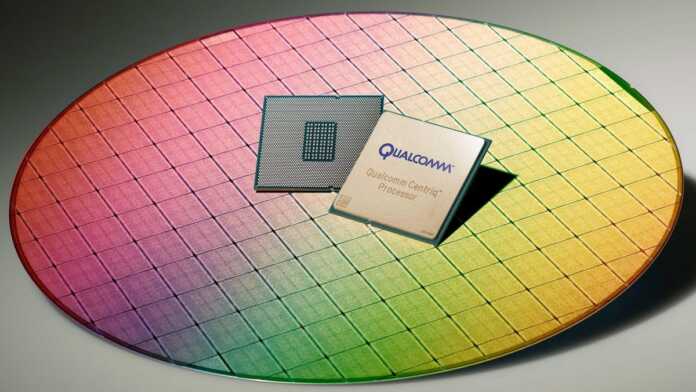Qualcomm is said to have already designed an ARM processor for servers. It contains CPU cores from the acquired company Nuvia.
The chip designer Qualcomm is apparently bringing its server division back to life earlier than promised in recent years. The company is said to be in talks with Amazon about possible CPU sales – its cloud division AWS wants to at least take a look at the ARM processor.
This is reported by the Bloomberg news agency, citing internal sources. Accordingly, Qualcomm has already developed a multi-core processor with a self-designed ARM architecture. The CPU cores for this come from the start-up Nuvia, which Qualcomm took over in 2021.
Processors for servers were once the vision of Nuvia founder Gerard Williams III, who previously worked at Apple for almost 10 years and before that at ARM for 12 years. In his final years at Apple, as chief architect, he was responsible for the development of Apple’s systems-on-chip (SoCs) for iPhones and iPads. The Nuvia acquisition also brought numerous people to Qualcomm from AMD, ARM, Apple, Broadcom, Google, and Intel, often in high-level technical roles.
So far no server focus
However, Qualcomm initially gave little importance to the server business after the takeover and focused on smartphones, tablets and notebooks. Especially in the case of notebooks, new Nuvia designs should be able to compete with Apple’s MacBook CPUs such as the M2. It was not until February 2022 that Qualcomm manager Alex Katouzian made a cautious statement about server CPUs.
In the meantime, however, Amazon in particular with its own Graviton series and Ampere with the Altra series have shown that ARM processors are becoming increasingly important for servers. The market share is expected to increase continuously in the coming years and gnaw at the supremacy of Intel and AMD.
Already in the years 2016 to 2018, Qualcomm tried its own ARM server processors, but quickly gave up the venture. The 48-core Centriq 2400 with 10-nanometer technology never appeared in large numbers.














